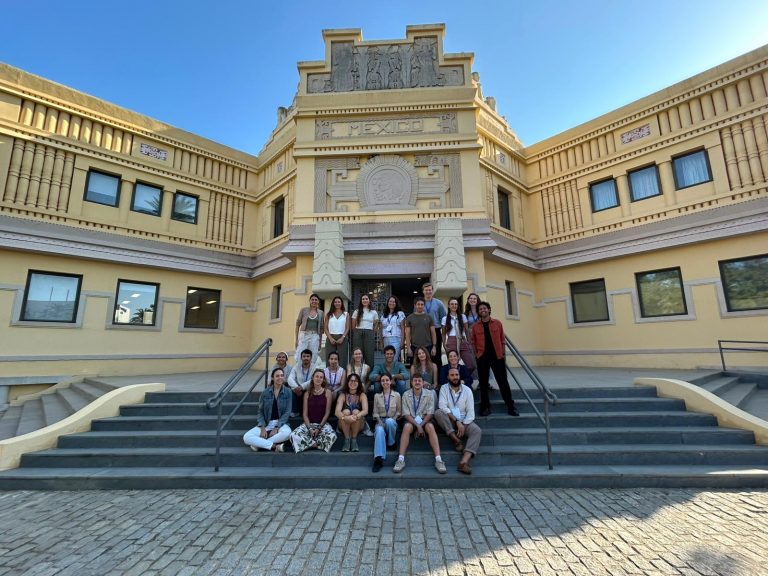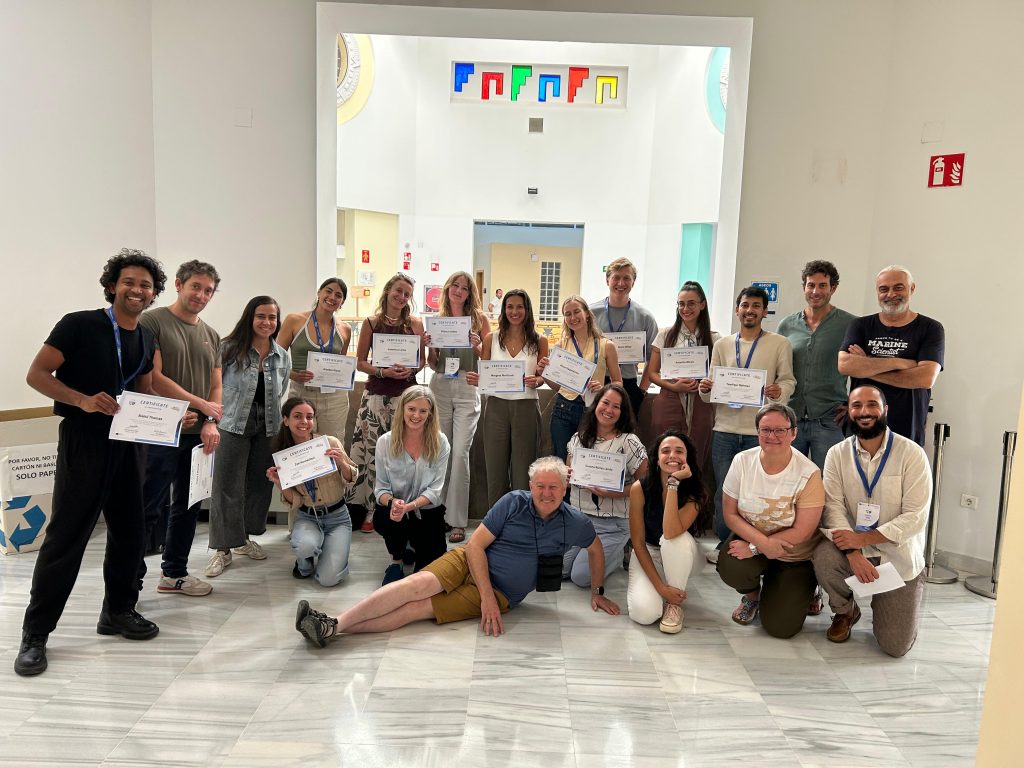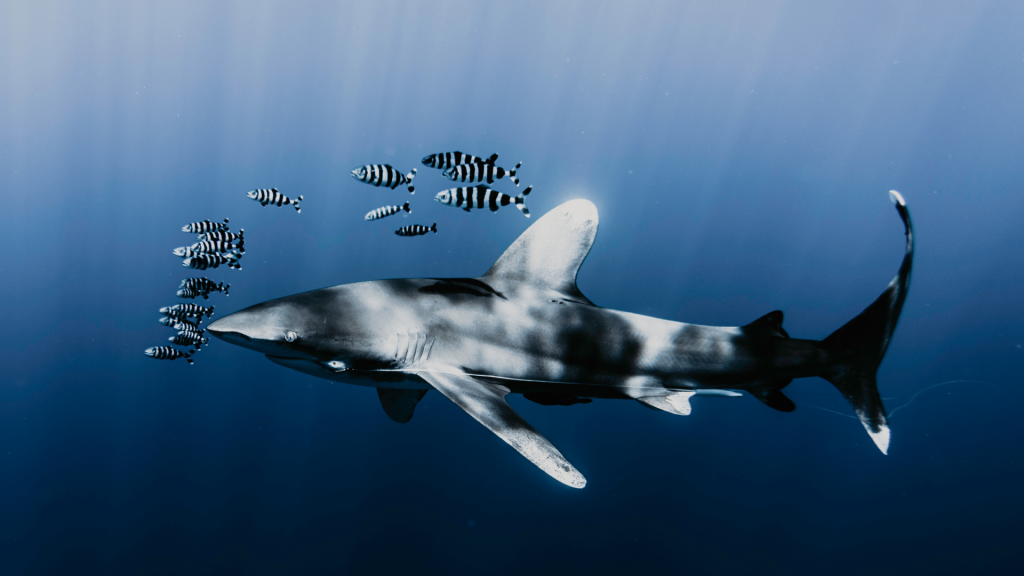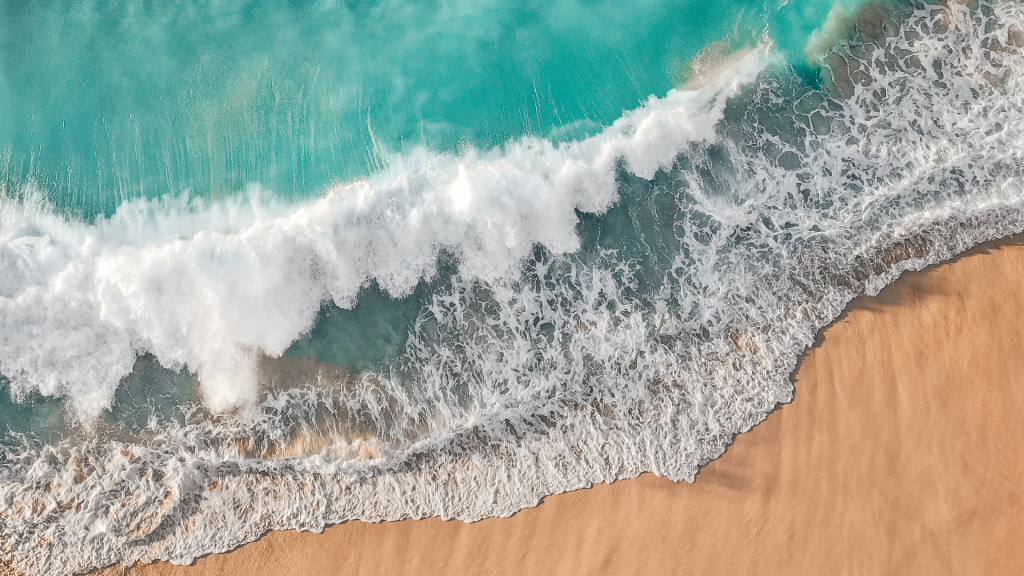The Autumn School Protecting marine biodiversity for nature and humans brought together 20 participants from across Europe in Seville Spain, from 8 – 10 October 2025, to explore how marine biodiversity supports ecosystems and the people who depend on them. Organised as part of the MARBEFES Project (Marine Biodiversity and Ecosystem Functioning leading to Ecosystem Services), the training was designed to deepen understanding of how biodiversity links to ecosystem functioning, and how these relationships can be translated into practical tools for policy and marine management.
Among the selected participants was Margaux from Blue Pangolin Consulting. Her involvement reflects Blue Pangolin’s ongoing commitment to staying at the forefront of science-based approaches to ocean sustainability. As Blue Pangolin continues to support coastal and marine projects globally, exposure to the latest tools for ecological assessment, socio-economic valuation and decision-making processes is vital to strengthening their impact and guiding clients towards nature-positive outcomes.

The Autumn School’s training modules covered a wide spectrum of topics, including assessing biodiversity and ecosystem services using tools such as Artificial Intelligence for Environment & Sustainability (ARIES), analysing ecological structure and functioning, and evaluating risks to marine biodiversity. Participants also explored how to integrate socio-cultural and economic values into marine planning, and how decision support systems (DSS) can inform effective management strategies.
Margaux worked alongside an international group to apply this knowledge in a final case study focused on salmon farming in a fjord. The team examined the environmental trade-offs and socio-economic considerations of aquaculture in sensitive coastal ecosystems, using the frameworks and tools introduced throughout the programme. They then came up with a summary and recommendations concluding that to ensure long-term viability, salmon farming in a fjord environment must transition from production-driven to ecosystem-informed management, balancing economic benefits with ecological resilience and community values.






